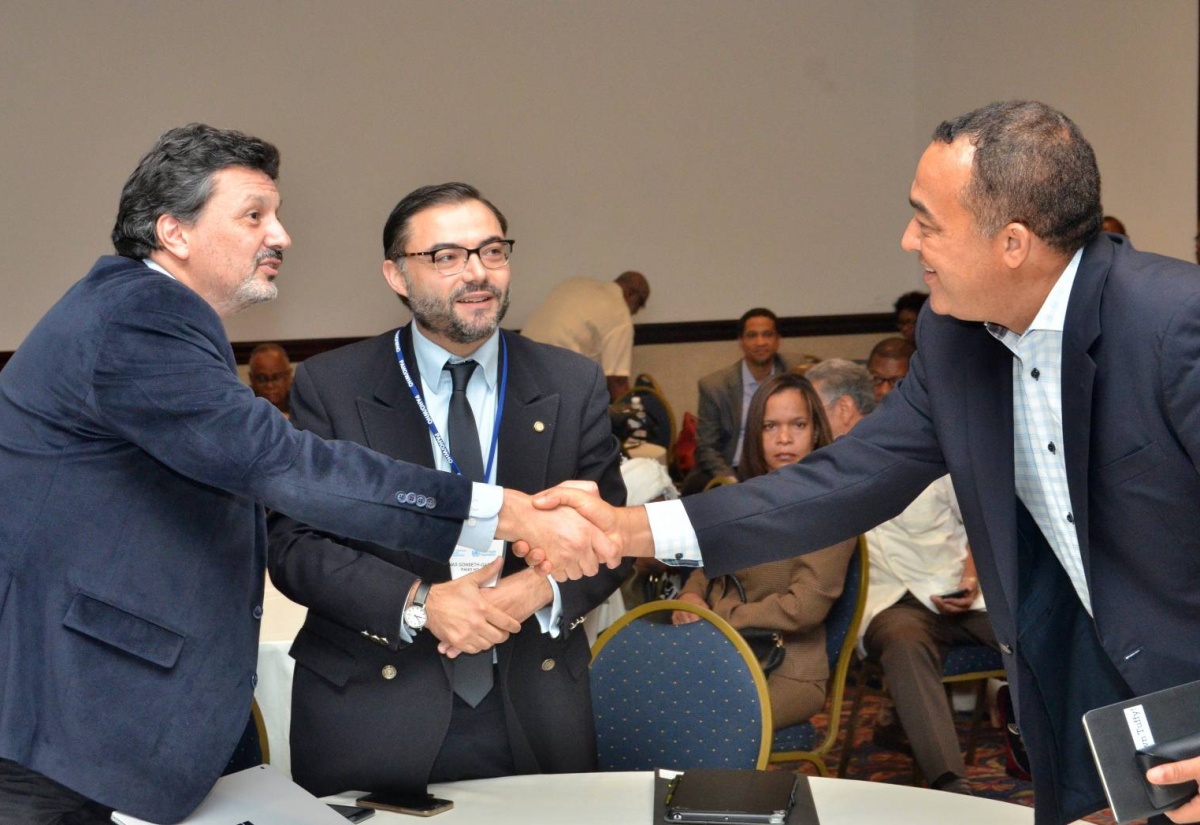Cabinet Approves the Creation of 300 Additional Nursing Posts
By: , July 30, 2017The Key Point:
The Facts
- Meanwhile, Dr. Tufton said more doctors are also required to assist in reducing the amount of hours currently worked in each session by those in the public health system. These sessions, he noted, average approximately 120 hours.
- The forum was held to review healthcare systems in other countries, consider the available evidence and draw on lessons learnt from their experiences regarding service delivery.
The Full Story
Cabinet has approved the creation of 300 additional posts for nurses as part of moves to ease the personnel shortage in the public health system.
This was disclosed by Health Minister, Dr. the Hon. Christopher Tufton, who says at least 2,000 established positions are required to alleviate the shortage.
He was speaking at a Pan American Health Organisation (PAHO)/Ministry of Health forum on Health Sector Reform and Service Delivery, at the Jamaica Pegasus Hotel in New Kingston on July 28.
Dr. Tufton said many of the nurses exiting the public health system or contemplating this, identified challenges with salaries, the availability of housing in locations deemed suitable and security of tenure, among the factors influencing their decisions.
Earlier this year, he announced that steps were being taken to address the shortage through recruitments from countries such as Cuba and India, among other interventions.
He also advised that a public/private partnership arrangement for the construction of houses was being explored.
Meanwhile, Dr. Tufton said more doctors are also required to assist in reducing the amount of hours currently worked in each session by those in the public health system. These sessions, he noted, average approximately 120 hours.
This, the Minister pointed out, was significantly higher than sessions of their counterparts in countries such as the United States where doctors work 80 hours, and the United Kingdom where they complete no more than 48 hours “before taking a break.”
“I think we need to find a way to just change that (120 hours) and have more doctors in the system to reduce the hours that they can work. It may take a long time to implement, but frankly that is where we need to move,” the Minster emphasized.
The forum was held to review healthcare systems in other countries, consider the available evidence and draw on lessons learnt from their experiences regarding service delivery.
This, in relation to decentralization and service structures, and facilitating decision-making, based on evidence, for Jamaica’s health system.
Presentations were made by several speakers including Senior Canadian Public Health Advisor, Odette Laplante.


